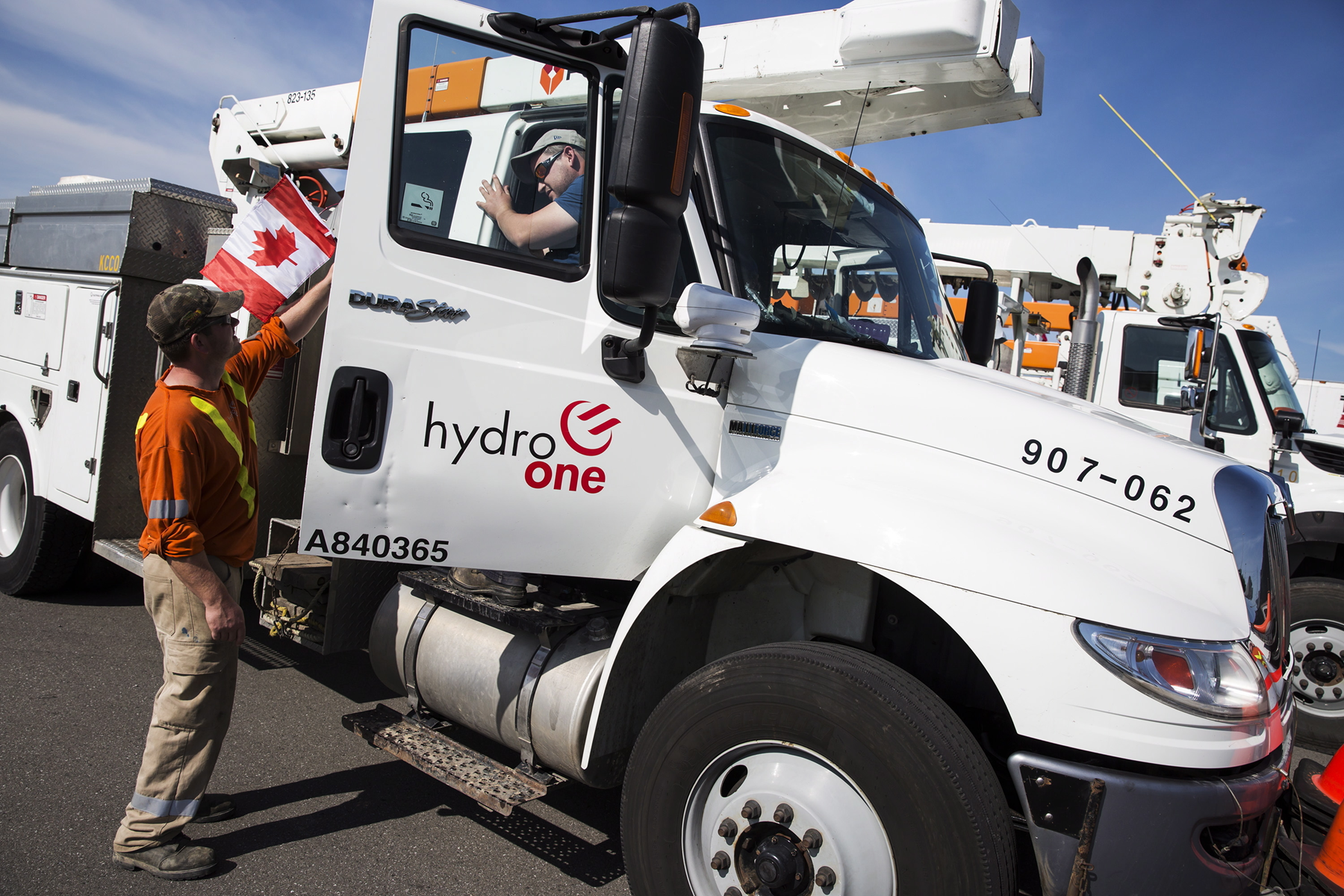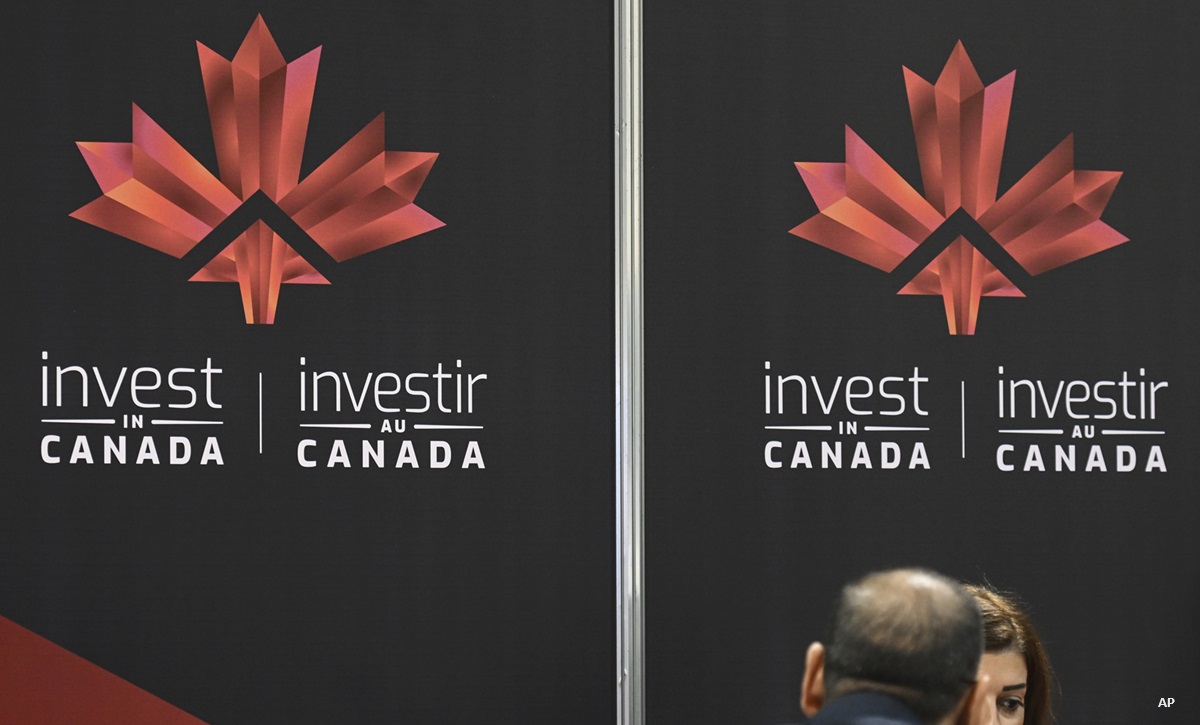Earlier this week, oil prices rose to their highest level this year, backed by supply shortages stemming from
“What’s interesting about the Libya conflict spurring an increase in prices is that it emphasizes how tight the oil market is,” says Nicolas Piquard, vice president and portfolio manager at Horizons Investment Management. “This makes me bullish, and I believe that it is unlikely that prices will move significantly lower from here,” he says.
Morningstar analysts believe that in 2019, supply and demand for crude look well-balanced. But that's only because OPEC volumes are expected to come in 1.4 million barrels of oil per day lower in 2019, allowing for U.S. firms to grow by 20%. Most of the 1.4 million barrels of oil per day curtailment
U.S. sanctions on Iran have choked off exports by 1 million barrels of oil per day. The U.S. wants to reduce Iran's exports to zero, cutting supply by another 900 million barrels of oil per day.
Meanwhile, Morningstar analysts point out that Venezuela production remains in freefall. In an attempt to
Globally, Piquard does not expect supply to increase in the immediate term. “It is unlikely that OPEC will increase production just to make up the shortfall from reduced supply from Libya, Iran, and Venezuela,” he said. He also said that OPEC is unlikely to make the same mistake it made last year when under the threat of the U.S. sanctions on Iran, it increased production which
He also points out that Saudi Arabia and Russia don’t appear to be in any hurry to ramp up production, instead, both are incentivized to keep oil prices higher.
However, Morningstar analysts believe that after 2019, oversupply beckons. Shale firms have lowered their 2019 budgets due to lower prices, but the oil rig count is still way too high. If frackers don't slow down, OPEC must cut further. And if neither side budges, global inventories will start creeping higher again.
U.S. shale firms have become comfortable with WTI at $55/bbl. After years of relying on Wall Street handouts to stay afloat, the shale industry has found a way to be profitable at $55/bbl. And it can stay that way for at least a decade as there is no evidence that well productivity is declining yet. Therefore, Morningstar analysts believe there is no need for higher prices to incentivize drilling.
For Canada, increasing production is pointless without effective pipelines, Piquard said.
Morningstar analyst Joe Gemino agrees. In a report that called pipelines Canada’s “lifelines”, Gemino pointed out that with record supply, pipelines are desperately needed, and unless new pipes are built, Canada will continually suffer from low prices and won’t be able to tap into its vast resource potential.
“We expect the Trans Mountain Expansion, or TMX, TransCanada Corp’s (TRP) Keystone XL, and Enbridge's (ENB) Line 3 replacement to receive final approval and be placed into service by the end of 2022,” Gemino says. His 2023 Canadian supply forecast is 5.7 million barrels of oil per day compared with the Canadian Association of Petroleum Producers' forecast of 5.5 million barrels of oil per day.
Piquard believes that energy stocks are cheap right now. “Energy equities have underperformed and present compelling value. The energy sector is probably under-owned and only represents between 5-6% of the S&P 500. The Canadian energy sector is also very cheap but will depend on the ability to build the infrastructure required to move that oil,” he says.
Here are Morningstar’s top Canadian energy stock picks.





.jpg)















